The Healing Power of Music: Music Therapy – Ready
The Healing Power of Music: Music Therapy

Musicians and other music aficionados don’t need a reason to love music. They know inherently that music is more than a collection of organized sounds. They have experienced what Leonard Bernstein called The Joy of Music.
Bernstein’s book has been called “the finest collection of conversations on the meaning and wonder of music.” In it, the maestro imagines conversations between himself and a cast of made-up characters, all on the subject of music, what it is, what it means, and what it does.
One of things music does is provide healing. The healing can be spiritual, emotional and even physical. The overarching subject of the healing power of music is the basis for a branch of the art called Music Therapy.
What is music therapy?
According to the American Music Therapy Association: “Music therapy is the clinical and evidence-based use of music interventions to accomplish individualized goals within a therapeutic relationship by a credentialed professional who has completed an approved music therapy program.”
In plain English, music therapy is a branch of music that is health-related. In it music becomes a tool used to address any number of physical, emotional, cognitive, or social needs or illnesses.
A practitioner of music therapy is called, naturally, a music therapist.
What is a music therapist?
A music therapist is, first, a musician. The range of musical abilities and training for a music therapist varies. Most sing and play basic instruments like the guitar or piano. Some are also dancers or even composers. Training to become a music therapist includes many of the same skills involved in becoming a general music teacher.
The training does not stop there, however. Music is the medium but the goal is healing. For that reason, music therapists receive extensive training in assessment, treatment, evaluation, and follow-up. Obviously, they do not provide medical intervention but they do provide musical intervention.
What kind of training is required?
Becoming a music therapist involves obtaining a college degree in the profession. A professional music therapist has at least a bachelor’s degree. Many music therapists end up with a master’s degree. Training must be provided at one of more than 70 American Music Therapy Association (AMTA) approved college and university programs.
There are three main areas of study: musical foundations, clinical foundations, and music therapy foundations and principles.
In addition to classwork, a potential music therapist is required to complete 1200 hours of clinical training, including a supervised internship.
Following graduation, candidates take an exam to obtain MT-BC (Music Therapist-Board Certified) credentials.
What does a music therapist do?
Music therapists assess emotional well-being, physical health, social functioning, communication abilities, and cognitive skills. They do this through a patient’s responses to music.
Music, through performance or listening or movement is used to stimulate the brain in order to improve whatever condition the patient or client has.
Whom does a music therapist treat?
Everyone. Children, adolescents, adults, and the elderly are all candidates for music therapy. People with mental health needs, developmental and learning disabilities, Alzheimer’s disease and other aging related conditions all benefit.
Music therapy has been successful for people with substance abuse problems, brain injuries, physical disabilities, and acute and chronic pain. Music therapy has even proven helpful to mothers going through labor.
There is almost no illness or condition that has not been treated with music therapy. While music therapy isn’t likely to cure cancer, it can be used to reduce pain, lower blood pressure, and even regulate heart and respiratory function.
Where does music therapy happen?
Music therapy takes place in schools, hospitals, nursing homes, clinics, community mental health centers and even private homes.
In other words, music therapy happens wherever people are in need. Often therapy happens in a group setting, although private sessions also take place, depending on the needs of the patient or client.
Is music therapy only useful for people who are musical?
In a word, no. Just as a general music education is appropriate for all schoolchildren, music can provide beneficial therapy for someone who does not consider themselves musical.
The truth is everyone has some type of musical ability inside them. It is how humans are made. Music therapy takes many forms — and does not just involve the patient or client “making” music.
How can I get more information?
To learn more about music therapy and how it works, look up any of the organizations below:
American Music Therapy Association
The Center for Music Therapy
World Federation of Music Therapy
In addition, many individual states have their own music therapy associations. A Google keyword search can probably turn up information for music therapy in your area.
Personal note: When I was in college, I functioned as the music therapist at Dewitt State Hospital in Auburn California for a summer while the head music therapist was on maternity leave. It was a wonderful and educational experience. I witnessed a patient (this was a mental hospital) who had undergone shock therapy gradually discover that he was a pianist. At first when he tried to play it sounded like a child playing random notes. Gradually the notes started to make sense until finally he began to play much better. Unfortunately, the summer was over before he was entirely recovered, so I never knew how proficient he had been, but from his early attempts I suspect he had been a fine pianist.
http://www.musictherapy.org/
……………………………………………………………………………………………………………………………………………………..
Please click on the photo-ad below:


